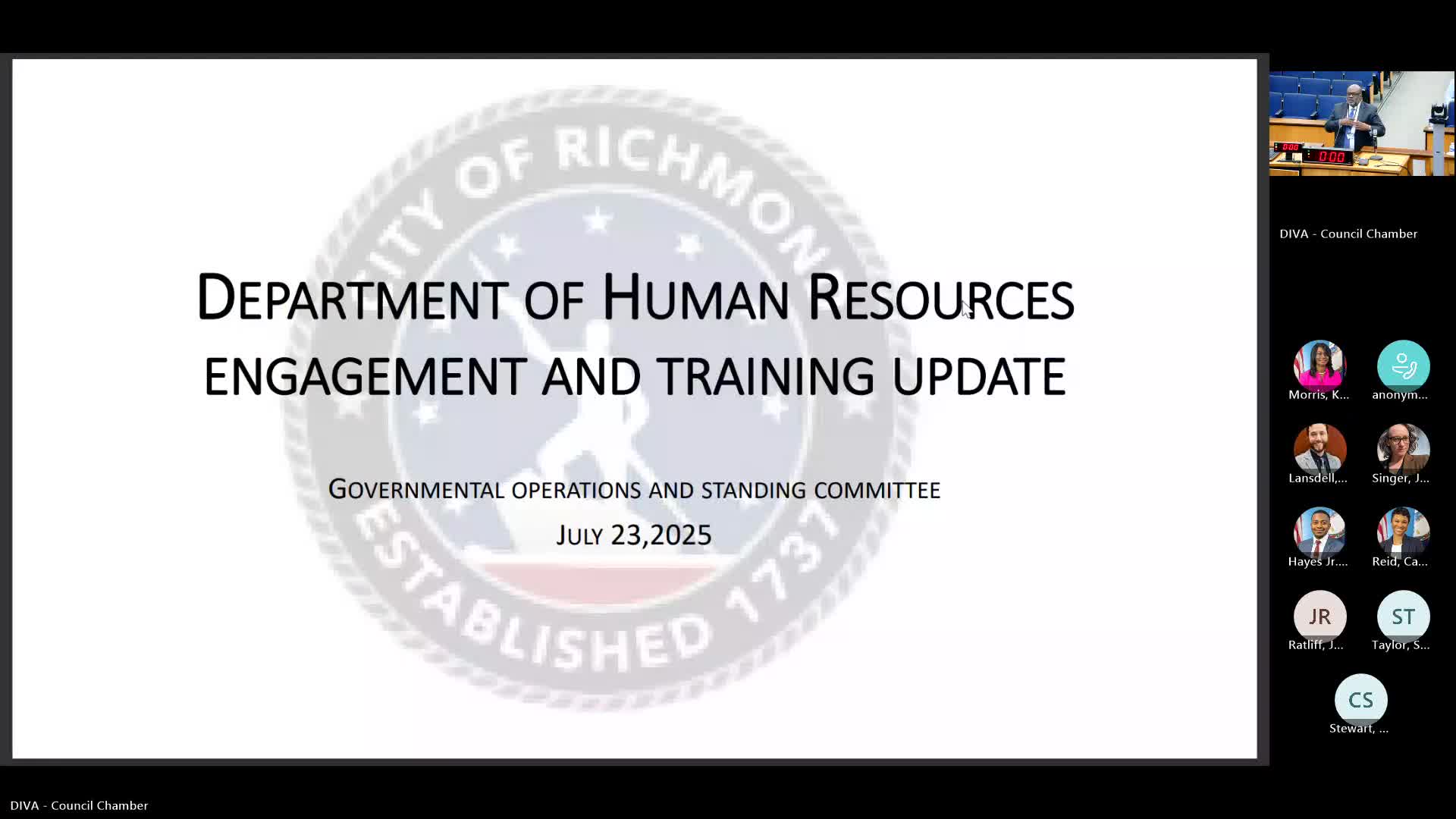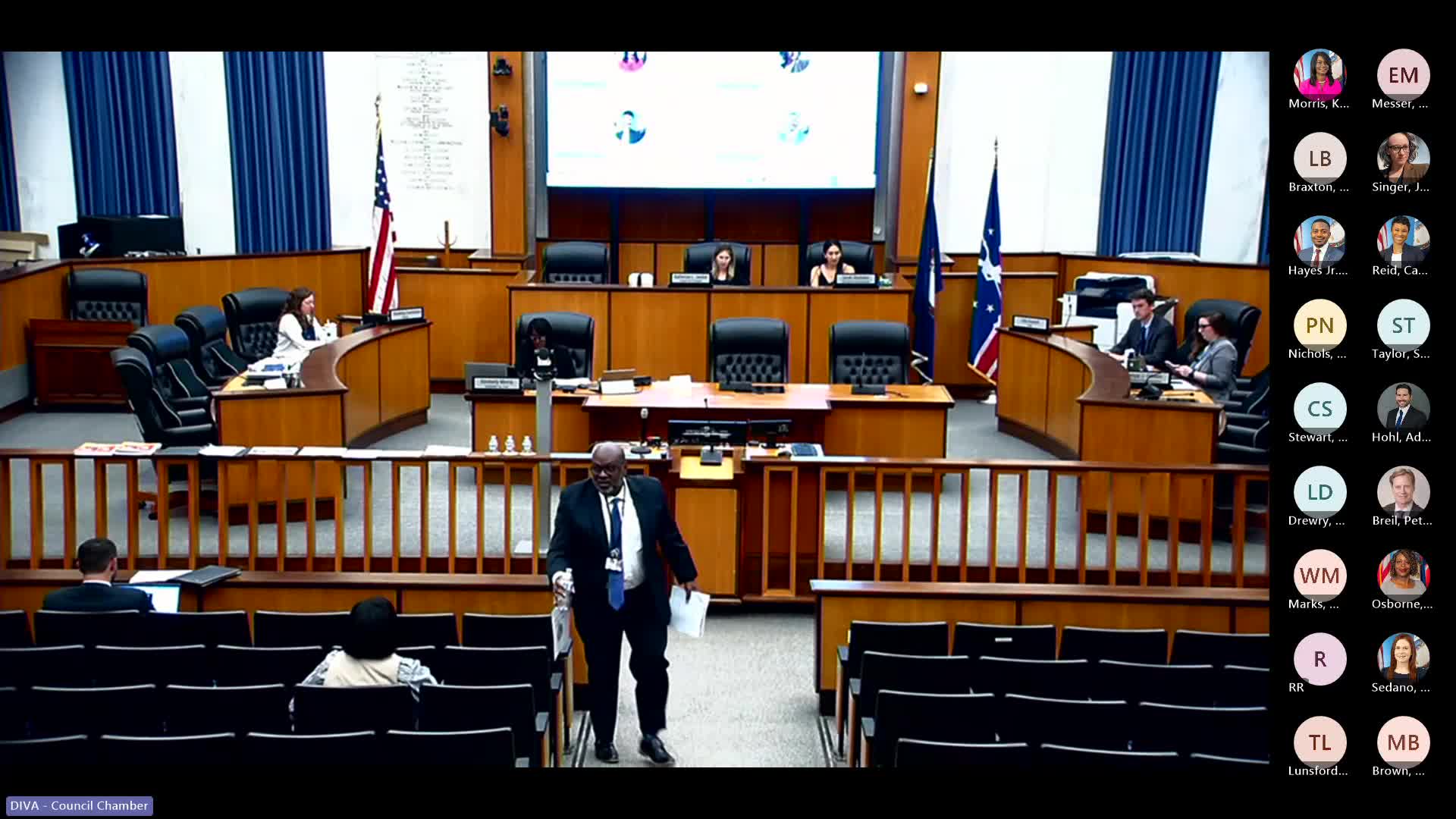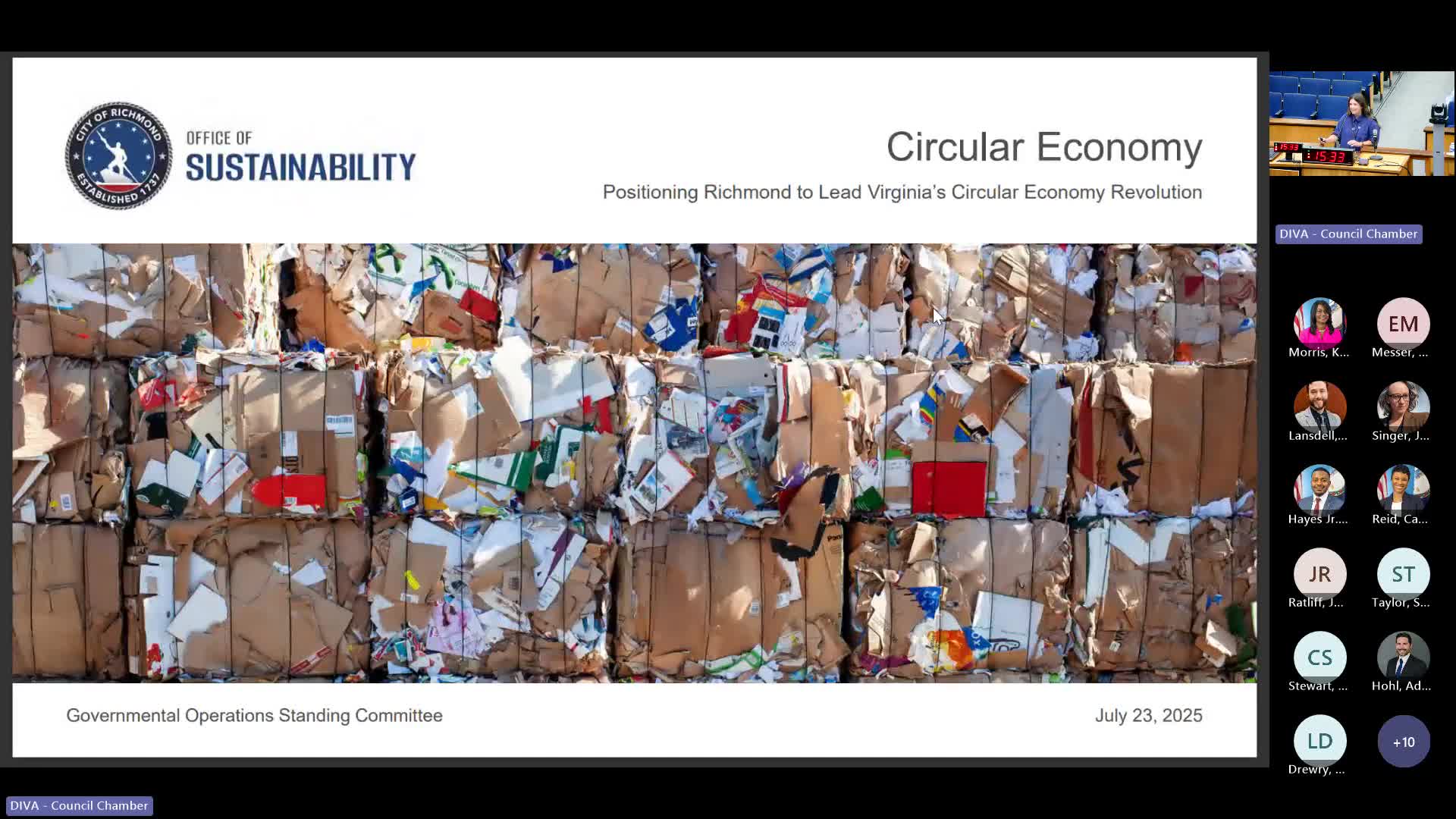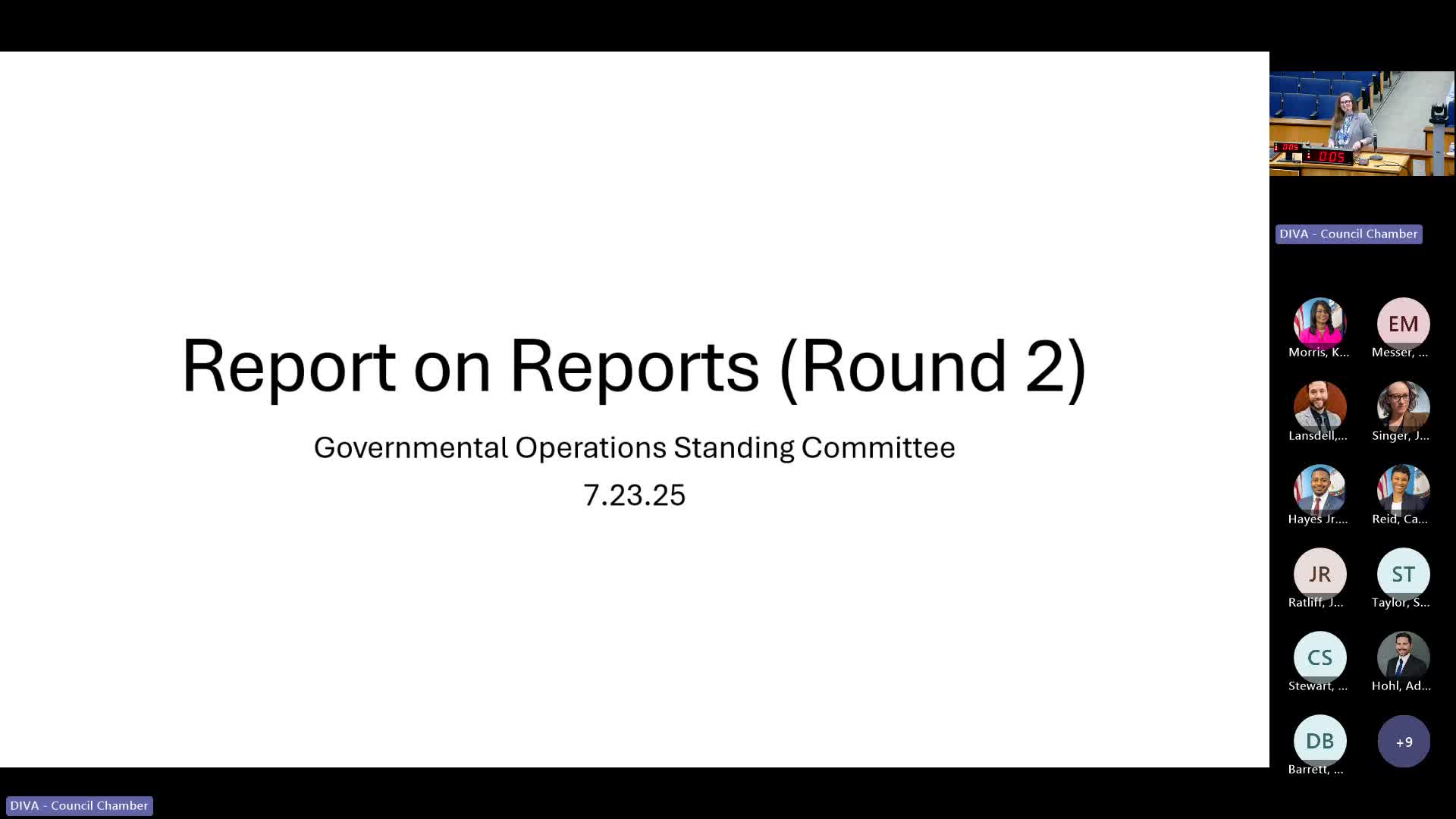Article not found
This article is no longer available. But don't worry—we've gathered other articles that discuss the same topic.

Richmond human resources reports lower turnover, expands training and tuition assistance

Committee advances two measures: council-staff appointment ordinance and Canoe Run CSO design-build resolution

Office of Sustainability pitches circular-economy innovation center, releases Cool Kit heat-mitigation guide

